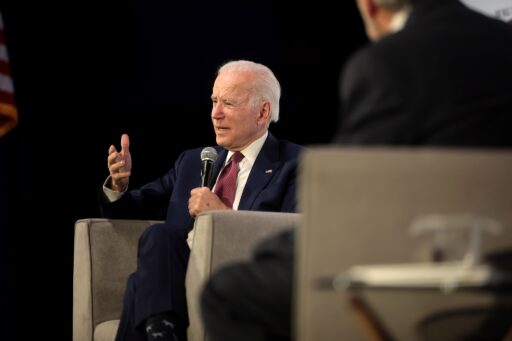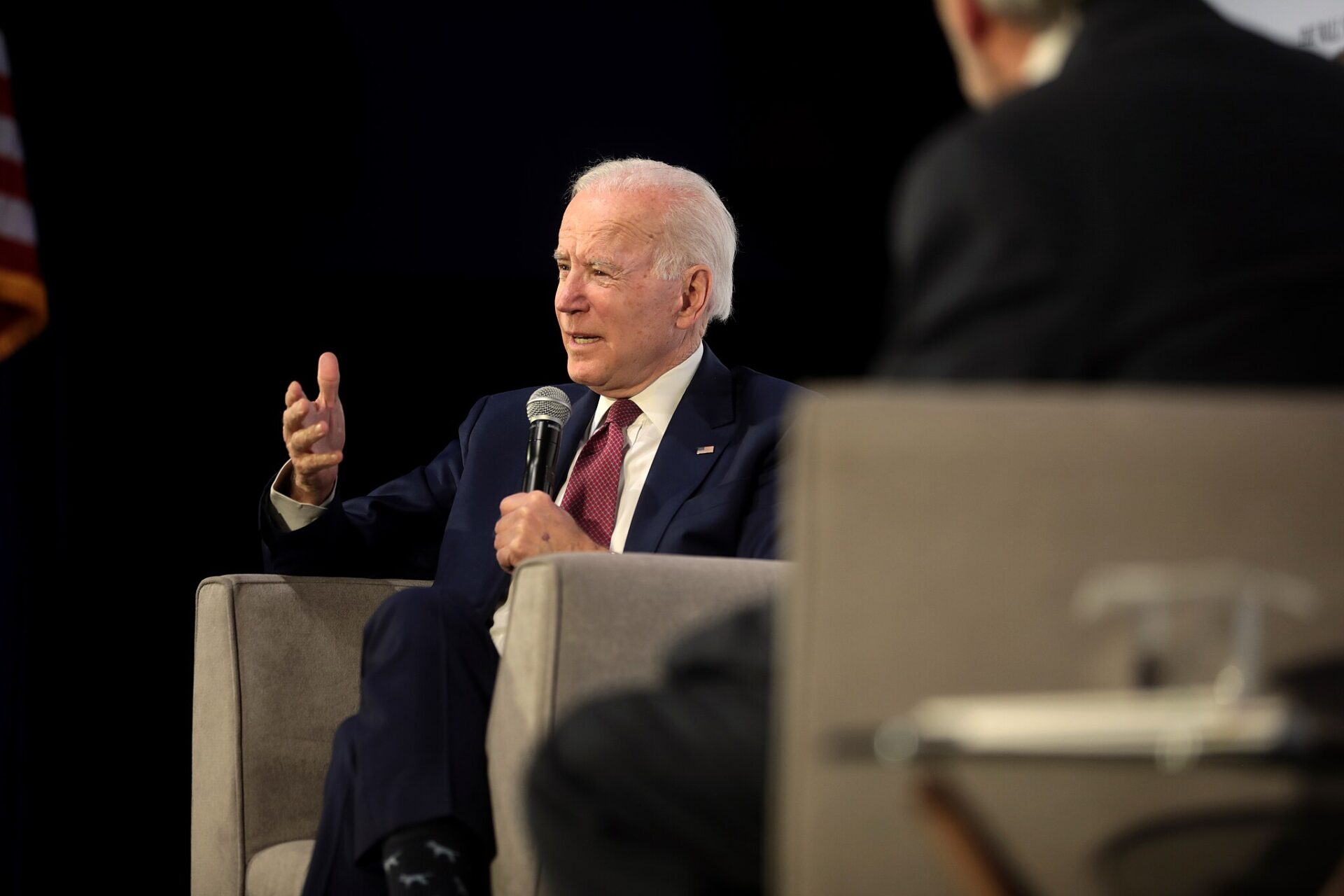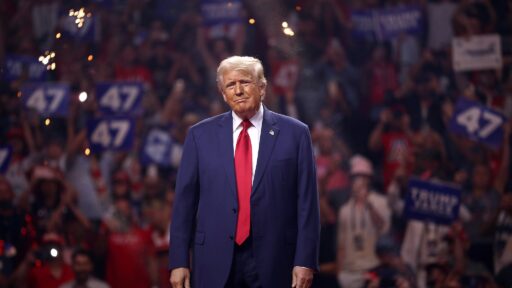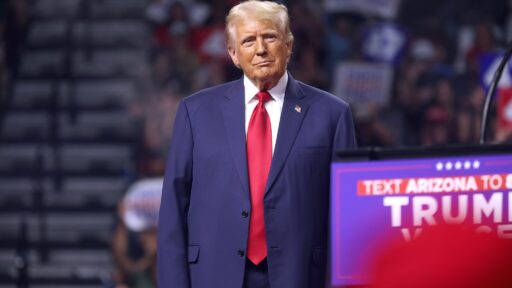Angela Merkel Smears Trump
In a recent interview, former German Chancellor Angela Merkel discussed her complicated relationship with former President Donald Trump, focusing on his tendency to express admiration for authoritarian leaders. Merkel noted that Trump seemed to be particularly captivated by leaders like Russian President Vladimir Putin and North Korean leader Kim Jong Un. She observed that, while Trump occasionally criticized these figures, he also appeared impressed by their ability to exercise absolute power without checks or balances.
Merkel also reflected on Trump’s leadership style, which she believed leaned toward centralizing authority and bypassing democratic institutions. She suggested that Trump often viewed parliamentary bodies and other democratic structures as obstacles to his decision-making. In her view, this desire for unchecked power conflicted with the principles of democracy, which rely on a system of checks and balances to ensure accountability.
The comments came as part of a broader discussion about Merkel’s newly released memoir, Freedom: Memoirs 1954–2021, in which she reflects on her 16 years as Germany’s chancellor and her approach to foreign policy. Throughout her time in office, Merkel faced growing global challenges, including rising authoritarianism and the pressures facing liberal democracies. In the interview, she warned that liberal democracies are increasingly under threat from both internal and external forces, with authoritarian leaders gaining influence around the world.
On the topic of the Russia-Ukraine conflict, Merkel suggested that while Trump might play a role in bringing the war to a close, any peace agreement should include strong security assurances for Ukraine. Reflecting on her experiences with Trump, Merkel acknowledged that their relationship had its ups and downs, and emphasized the importance of approaching agreements with caution, especially when dealing with a leader whose approach to diplomacy could be unpredictable.
Merkel’s reflections underscore the importance of maintaining democratic values and resisting the pull of authoritarianism, even in the face of global instability.







